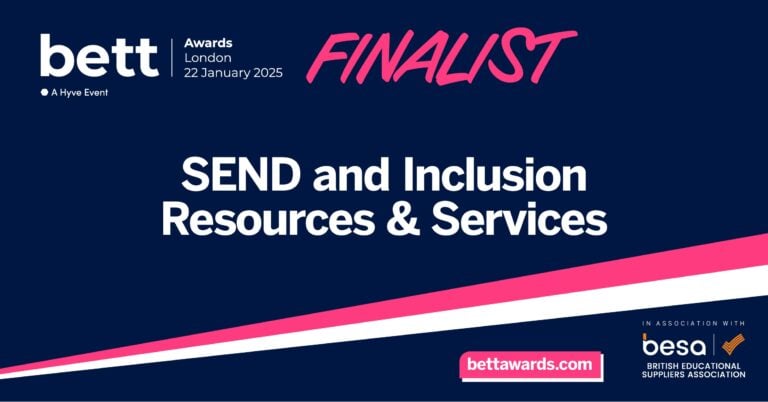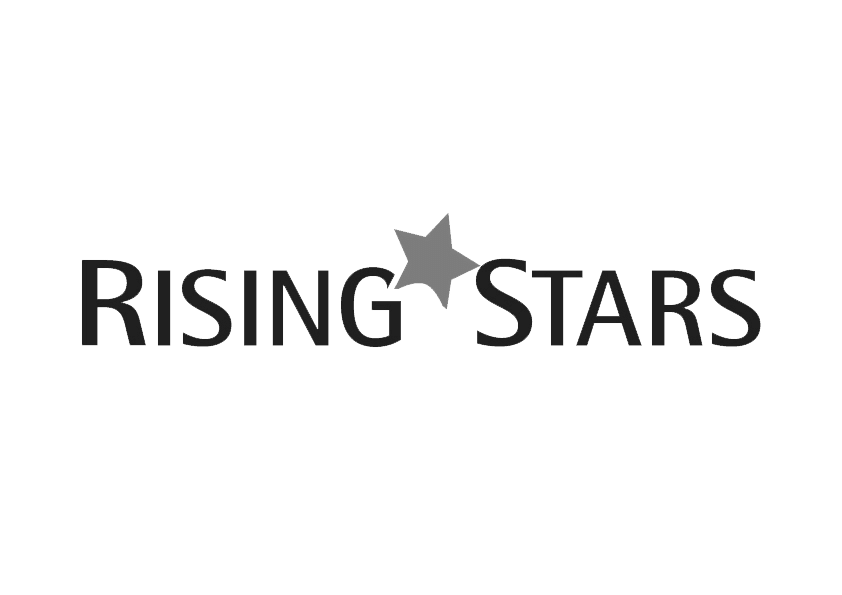An opportunity to ‘perform’ poems by reading them aloud helped to turn a reluctant writer into a more proactive learner and discover skills he did not realise he had.
After 30 years as a primary teacher in state schools I found myself in a preparatory school with the opportunity to work with year 7 and 8 students for the first time. The post was part-time, working with individuals and small groups and delivering English and Maths support. Most of the students were working towards Common Entrance exams and/or scholarships. One was a year 8 student who had been offered a music scholarship. The offer was dependent on exam results including the requirement for at least a ‘C’ grade in English. We had one weekly session lasting 35 minutes. He presented as a cheerful and polite student but did not appear to be particularly engaged with English. He was not reading for pleasure and although he did everything I asked of him during our sessions he was clearly a somewhat reluctant writer and confidence in his own ability was low.
I contacted his English teacher and asked for a heads up with regard to strengths and weaknesses and the planned programme for study. I discovered that, despite a rich vocabulary and good general knowledge his inference skills for comprehension were not strong. I took time to discuss with my student about his hopes, aspirations and interests and discovered that he was very keen on drama as well as music. I decided to use poetry as a way forward and incorporate drama elements where I could. I decided that we would be able to read complete poems more than once during our short sessions rather than snippets of longer texts with poems particularly lending themselves to being read aloud and ‘performed’. I hoped that this would encourage my student to become a more active reader with the desire to make better sense of the text. I intended that we would then work on our own poem compositions using examples of poems we had read as ‘scaffolds’ before moving on to tackle poetry comprehension tasks.
I introduced my student to a range of poets including Ted Hughes, Walter de la Mare and Robert MacFarlane. We read them aloud and then accessed some of MacFarlane’s Spell Songs (poems from ‘The Lost Words’) set to music and sung rather than spoken. Taking inspiration from ‘Raven’ by MacFarlane and knowing that my student was interested in history, I suggested he write his own Raven poem after researching their connection to the Tower of London and the various myths and legends surrounding them. The outcome, after just a couple of our weekly sessions, was a short but vivid and lyrical composition (this surprised him). After some gentle encouragement he had the confidence to share his poem with his English and Drama teachers and also his mum.
When we moved on to poetry comprehension one of the poems we studied was Vernon Scannell’s ‘Makers and Creatures’ which reflects on how artists, architects, poets etc might feel on revisiting their own work. This seemed to strike a real chord with him, the possibility that “proper” writers might doubt their own ability and worry about other people’s judgement of their work. As luck would have it, I was reading a novel that included an imagined scene where Shakespeare (referred only to as ‘he’ or ‘the playwright’) stands in the wings observing his new play being performed. He cannot tell, as he stands there if this new play is any good or has “entirely missed the mark”. I shared this piece of text with my student with no introductory explanation and to my delight he recognised the same conflicts as those demonstrated in ‘Makers and Creatures’ embarked on a detailed discussion with me and unpicked elements of the text perceptively.
This was 2020 and by the end of March we were restricted to online learning via Microsoft Teams. I spoke to my student and his mother and they elected to continue our sessions. We fixed a regular weekly video call and I encouraged my student to contact me in advance with any specific requests for support and to provide me with some examples of work he was undertaking in class. This he did and we were able to discuss, edit and improve accordingly and I was able to add complementary tasks. I mixed in some literacy games and suggested podcasts and websites/resources that I thought might pique his interest. During one session he began to share with me (unprompted) his thoughts about a film he had watched (based on a book we had read part of at the start of the academic year). When a timetable clash occurred, he opted to reschedule and suggested appropriate times that he could attend as well as requesting an additional session in half term.
His English teacher and I continued to correspond regularly with updates and exchanges of information. We witnessed a student becoming a proactive learner: assessing some of his own needs and asking for help where needed: being prepared to put in extra time; choosing to read for himself and sharing his responses; starting to take pleasure from writing and in sharing his work. He came to realise that his reluctance to write had been due to lack of confidence, and that this lack of confidence was not an indication of weak ability as he had supposed. His decision to compose a poem as his contribution to his class year book demonstrated this significant change of mindset- which he carried through into his exams and subsequently secured his music scholarship.











